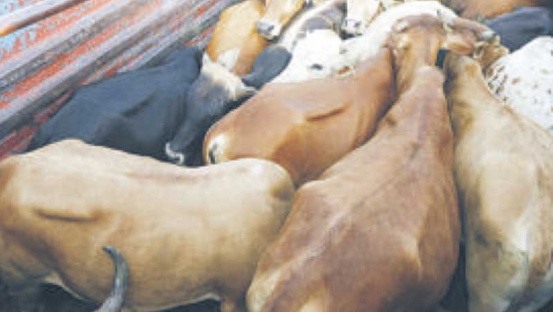×
The Standard e-Paper
Kenya’s Boldest Voice

Romanos is a dear cousin and an upcoming farmer who seeks my vet services on several occasions.
The young man works with a bank in Kitale town; an area with a lot of good dairy animal stocks. He got himself a few heifers.